Blog
-

Fertilizer Labels: What N-P-K Numbers Mean
Beautiful turf needs the vigorous growth and deep color plentiful nitrogen supplies, so lawn fertilizers have an N-P-K ratio with the first number much higher than the other two. Soil usually provides enough phosphorus and most of the potassium healthy grass needs, so the numbers for those nutrients are low.Tasty tomatoes and other vegetables need nitrogen, too, but flowering and prolific harvests require more phosphorus and potassium. That's why the second and third numbers are highest in products such as Pennington UltraGreen All Purpose Plant Food 10-10-10.Flowering bulbs depend on phosphorus for healthy roots, so bulb fertilizers, including Lilly Miller Bone Meal 6-12-0, have a high middle number. Versatile fertilizers, such as Lilly Miller All Purpose Planting and Growing Food 10-10-10, deliver a balanced N-P-K designed for all-round garden health.En savoir plus -
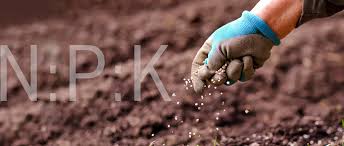
What Is NPK Fertilizer?
The letters "NPK" on a fertilizer label stand for nitrogen, phosphorus, and potassium, the three primary nutrients plants need to grow. The numbers on the label indicate the ratio (by percentage) of nitrogen, phosphorus, and potassium in the fertilizer container.En savoir plus -
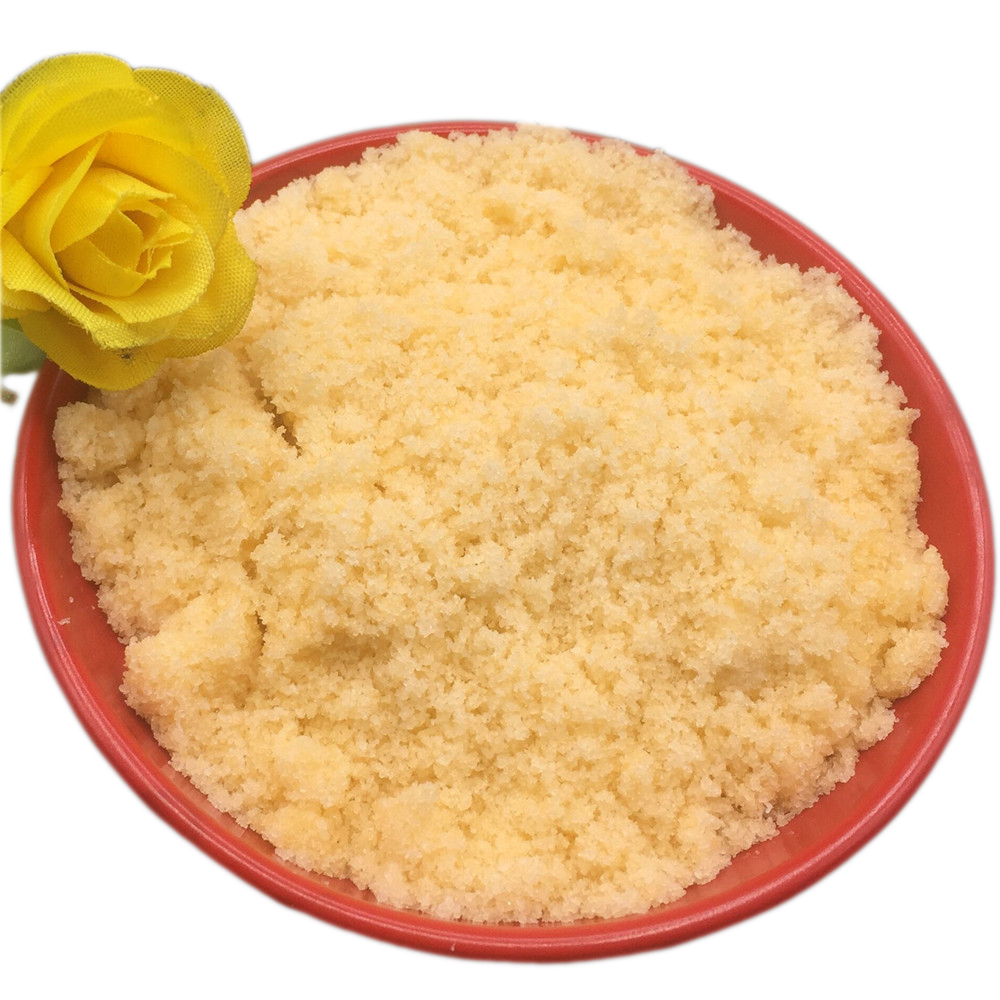
Understanding Fertilizer NPK
If you're new to the world of gardening, or perhaps you're a houseplant lover who recently realized your babies need food too (not just water and sunlight!), you may be feeling a bit confused about the topic of fertilizers and choosing an NPK ratio that's right for your plants. Too much or too little fertilizer can devastate plants, so it's essential to understand how to choose fertilizer for your garden or crops.En savoir plus -
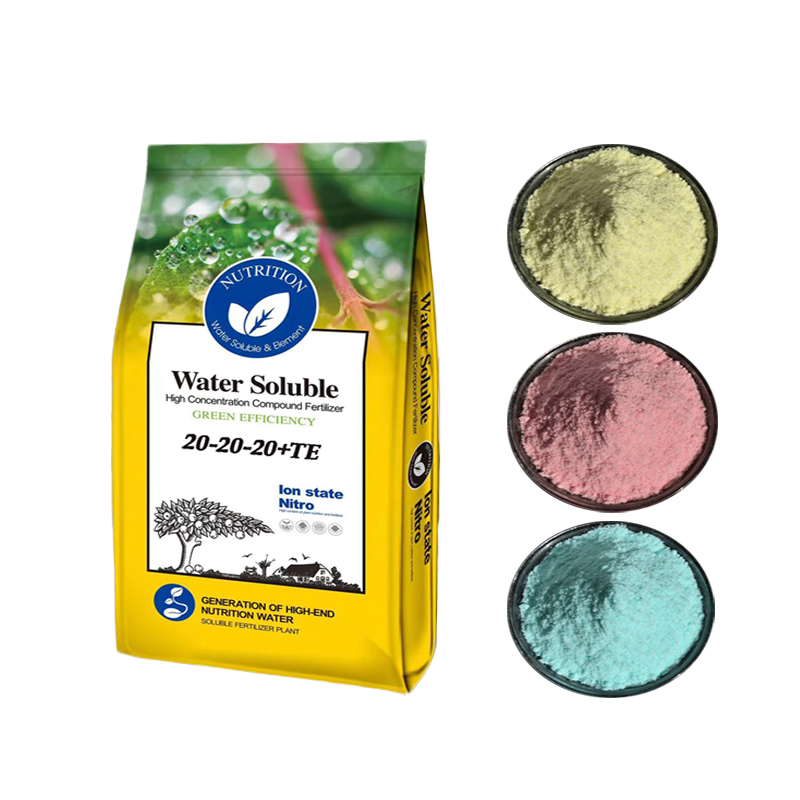
Understanding the Impact of NPK on Crop Health and Productivity
In conclusion, the impact of NPK on crops is immense, as these three nutrients play a vital role in plant growth and development. Balanced NPK in the soil can significantly enhance crop yield and quality. Modern tools such as soil sensors and soil NPK sensors are instrumental in managing soil health and optimizing crop productivity. By providing accurate, real-time data about the soil’s nutrient levels, these sensors enable farmers to make informed decisions about fertilization, contributing to more sustainable and cost-effective farming practices.En savoir plus -
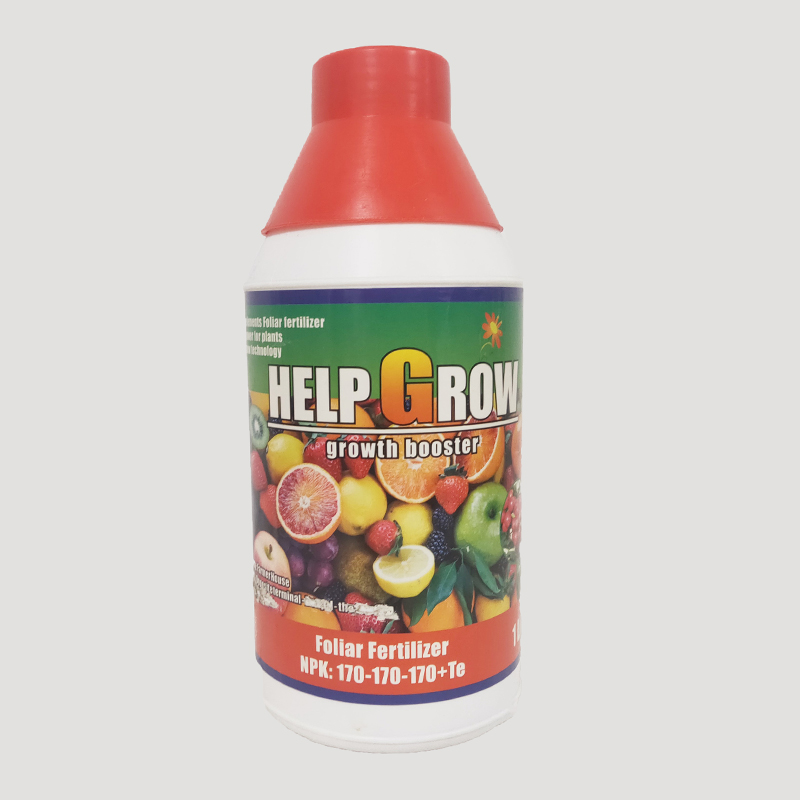
NPK: What is it and why is it so important?
Romke Postma is working as a senior project manager and soil fertility expert at NMI-Agro, a soil research agency working closely with AgroCares. SoilCares (now part of AgroCares) recently launched the SoilCares Manager app, which enables advisors to test the NPK levels in soil. But what is NPK? And why is it so important? In this new blog Romke explains the importance of these nutrients for plants and crops.En savoir plus -
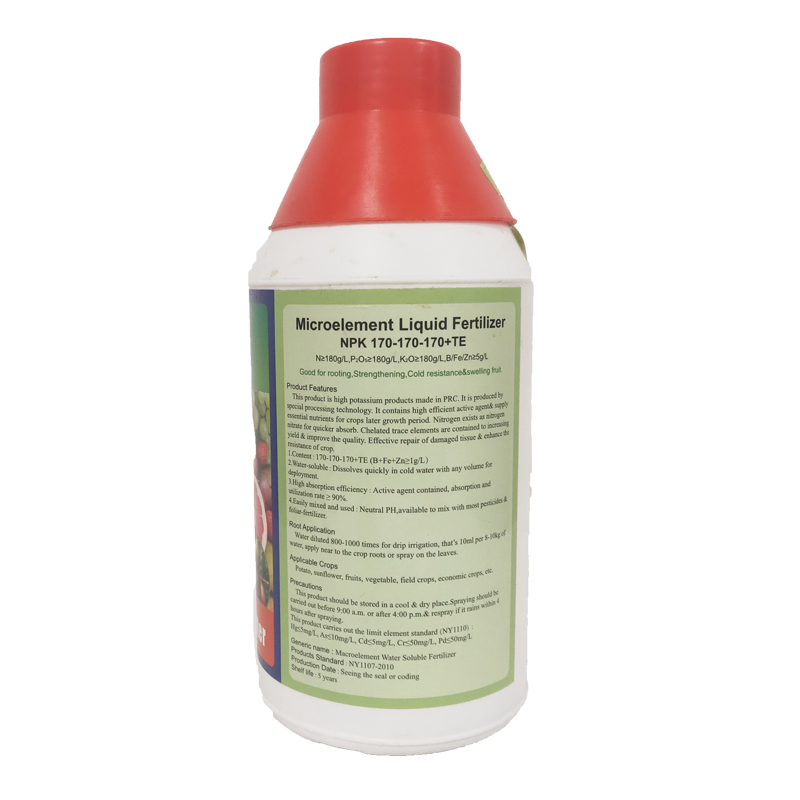
Potassium for crop production
Potassium (K) is an essential nutrient for plant growth. It’s classified as a macronutrient because plants take up large quantities of K during their life cycle.Minnesota soils can supply some K for crop production, but when the supply from the soil isn’t adequate, a fertilizer program must supply the K.Here, we’ll give you a basic understanding of K, including plants’ K nutrition, how it reacts in soils, its function in plants and its role in efficient crop production. In addition, you’ll find information about soil tests, K sources, predicting potash needs and effectively applying K to your fields.En savoir plus -

Why Are Nitrogen, Phosphorus, and Potassium in Plant Fertilizer?
Look at the label on any fertilizer package, and you'll see three numbers separated by dashes, which correspond to the amounts of primary nutrients in the product. For example, one with three of the same number, 4-4-4, is called a "balanced" fertilizer because it has equal amounts of the Big 3 N-P-K (always shown in that order). A container of tomato food ($12, The Home Depot) might be labeled 2-5-3, which indicates higher amounts of P and less N and K. Why do these levels matter, and what do nitrogen, phosphorus, and potassium do for plants anyway? Here's what you need to know.En savoir plus -
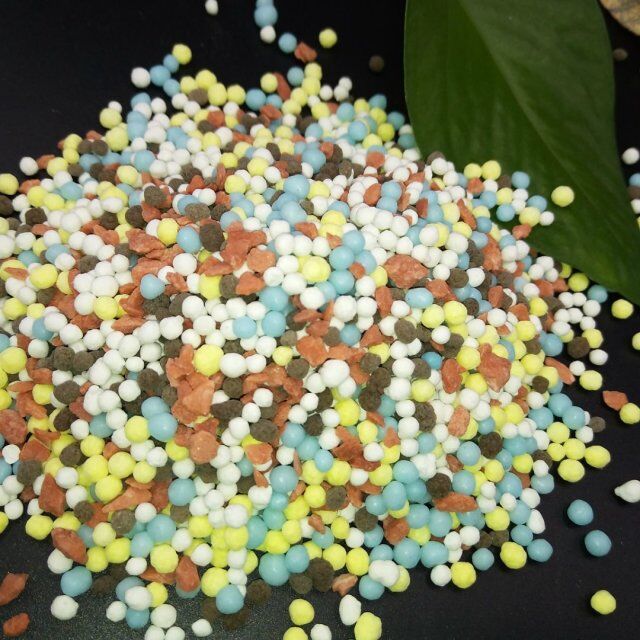
What is NPK Fertilizer? And What Does N-P-K Do for Plants?
When my husband and I moved into our new house, the blank slate backyard became my project.By spring, I noticed the leaves on some bushes turning yellow. You’d think it’s a nitrogen deficiency, right?But after some serious digging (pun intended!), I discovered it was iron chlorosis (a lack of available iron) NOT a lack of nitrogen, causing the leaves to turn yellow.En savoir plus -

The role of N,P,K fertilizers and the harm of excessive use
The application of fertilizers is not as good as possible, and excessive use of chemical fertilizers will cause many harms. Let's analyze in detail the effect of a large amount of nitrogen, phosphorus and potassium fertilizers and what harm will be caused by excessive use.En savoir plus

